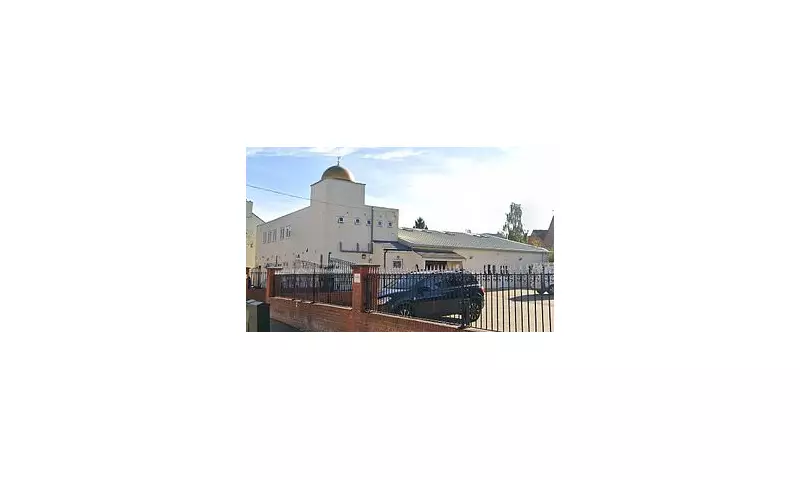
A Muslim cleric stands accused of performing a religious marriage ceremony involving two teenagers, one of whom was a 15-year-old minor, in a case that has sent shockwaves through the community and raised serious child protection concerns.
Mohammed Ishaq Kasemi, 56, appeared at Westminster Magistrates' Court facing charges under the UK's robust anti-forced marriage legislation. The prosecution alleges he officiated a Nikah ceremony, an Islamic marriage contract, knowing that one participant was below the legal age of consent for marriage.
Details of the Allegations
The court heard how the ceremony took place despite clear legal protections designed to prevent such occurrences. British law explicitly prohibits any marriage, religious or civil, where one party is under 16 years of age, with forced marriage carrying particularly severe penalties.
Authorities became aware of the situation through safeguarding channels, prompting an immediate investigation by specialist units dedicated to protecting vulnerable young people from coercion and exploitation.
Legal Framework and Consequences
The case highlights the ongoing tension between religious practices and UK law, particularly concerning the protection of minors. Forced marriage protection orders and criminal charges represent the dual approach British authorities employ to combat these practices.
If convicted, Kasemi faces potentially severe penalties, including imprisonment, reflecting the seriousness with which the justice system treats cases involving the exploitation of minors.
Broader Implications
This incident has reignited discussions about community safeguarding practices and the need for greater awareness among religious leaders about their legal responsibilities. Specialist charities working in forced marriage prevention have emphasized the importance of reporting concerns to authorities.
The case continues to develop, with further hearings expected to examine the specific circumstances and evidence surrounding the alleged ceremony.





